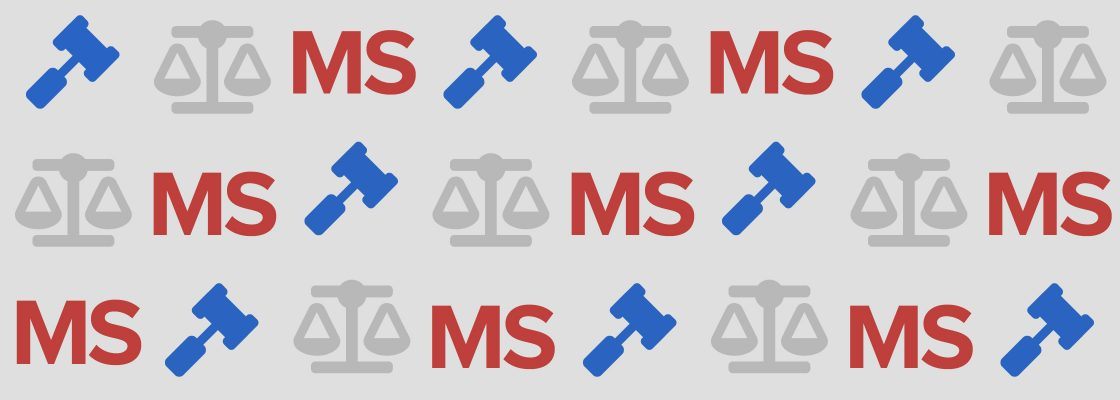There are quite a few regulations governing healthcare PR and marketing in Mississippi. Some of the most interesting regulations on healthcare marketing are the requirements that doctors identify themselves as M.D.s, D.O.s, and D.P.M.s, that testimonials be accompanied by specific disclaimers, and that no comparisons to other physicians can be made unless they can be factually substantiated. Make sure you take time with your legal counsel to review how Mississippi’s laws impact your medical marketing efforts.
More Information
Oversight Body:
Mississippi State Board of Medical Licensure
Reference Citation:
BML Rules & Regulations Ch. 24
Sample Best Practices
We’ve developed some sample best practices to help you get started discussing your medical marketing with your legal counsel in more detail. Find out if you need to take steps to avoid the following:
- Omitting necessary information from advertising.
- Making any false or misleading statements.
- Advertising in a way that deceives.
- Advertising in a manner that creates unjustified medical expectations by the public.
- Failing to include the name of at least one physician responsible for the advertising”s content.
- Failing to identify yourself as M.D. for medical doctors, D.O. for osteopathic physicians, or D.P.M. for podiatric physicians.
- Failing to honor an advertised fee for at least 90 days for recurrent advertising or for one year for advertising not published more frequently than annually.
- Making merely self-laudatory statements or statements characterizing the quality of the physician’s services.
- Comparing your service with other physicians’ services, unless the comparison can be factually substantiated.
- Using patient testimonials without including an appropriately worded, clear and prominent disclosure of (a) what the generally expected performance would be in the depicted circumstances, and (b) the limited applicability of the endorser’s experience.
- Making claims of success, efficacy or result without scientific substantiation of such claims.
- Making claims that purport to represent “typical” results without basing the claim on a study of a sample of all patients who entered the program, or, if the claim refers to a subset of those patients, a sample of that subset.
- Claiming a medical procedure or drug is safe without also disclosing the risk of adverse medical complications.
- Advertising a new drug or medication or new use for a drug or medication without F.D.A. approval for such use.
- Claiming that improvements can be achieved through surgery in a specified time period without also including disclosure of the typical recovery time.
- Holding yourself out as being “Board Certified” without a complete disclosure in the advertisement of the specialty board that certified you and proof of current certification.
- Holding yourself out as a specialist in a particular field unless you have completed a “board approved” residency program or can submit proof that while not completing a residency, you were “grandfathered” into a specialty by successful completion of board examinations followed by board certification.
- Using hyperbole when describing your techniques or results.
- Showing patient before and after photos without indicating that results vary and the results shown are not a guarantee.
- Showing models without clearly indicating that the photos are not of actual patients.
Is your website following best practices when it comes to medical marketing? Find out by downloading our free Website Compliance Checklist!
Download Free ChecklistPlease help us keep these pages up to date. If you or your legal counsel notice an oversight in our comments or a problem with this page, please alert us by email. Also, be sure to read our legal disclaimer.
« Back to Medical Marketing Laws


Leave a Comment